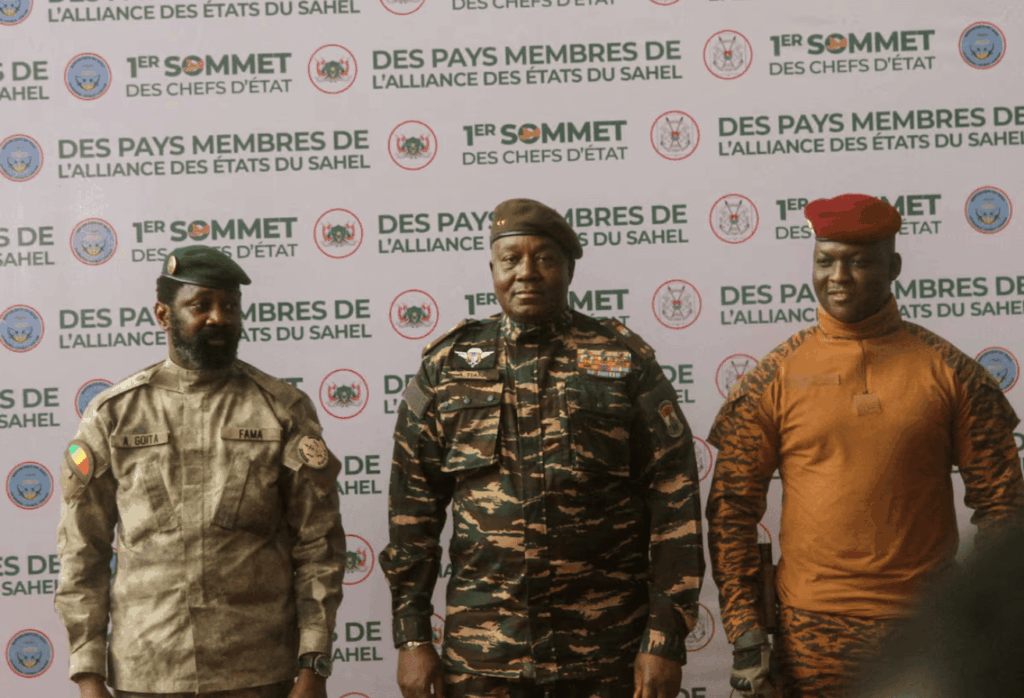Nigeria’s former head of state, Yakubu Gowon, has urged West African leaders to renew their commitment to democratic governance amid growing challenges in the region.
Gowon, a founding figure in the establishment of the Economic Community of West African States (ECOWAS) in 1975, delivered the charge on Wednesday during the organisation’s 50th anniversary celebration held in Lagos.
Reflecting on the region’s progress and setbacks, Gowon said West Africa continues to grapple with insecurity, political instability, youth unemployment, and economic shocks. He warned that the resurgence of military coups in some member states is a troubling development that threatens the gains of regional cooperation and democratic progress.
“Let us not forget the many challenges we have faced over the past 50 years, political crisis, coup d’etat, civil wars, economic shocks, pandemics, terrorism, and the shifting pressures of globalisation. Yet through it all, ECOWAS has endured,” he said. “It has adapted to changing circumstances, undertaken critical reform, and consistently renewed its commitment to the founding ideals that bind us together.”
Gowon emphasised that the anniversary should not only serve as a time of celebration but also as a period of sober reflection and renewed focus on the future. “Our region still grapples with daunting challenges. Youth unemployment. We grapple with all these problems and challenges, and especially insecurity and political instability,” he noted.
Addressing the recent military takeovers in the region, Gowon expressed disappointment over what he described as personal ambition driving undemocratic actions. “We thought that was over, but it seems as though personal ambition drives some people to do the wrong thing. Let me say this—belief in democracy is what I am now advising all members of ECOWAS and other countries,” he said. “We must not let these setbacks define us. Rather, let them awaken us to the urgent need to recommit to the core principles of good governance, economic cooperation, solidarity, and inclusivity.”
Commenting on the withdrawal of Mali, Niger, and Burkina Faso from ECOWAS, Gowon said he remained hopeful that the countries would eventually reconsider their decision. “As the bonds of history, culture, and shared destiny remain unbroken, I am confident that with goodwill and sincere engagement, they will find reasons to return to ECOWAS,” he said.
The three countries announced their exit from the regional bloc in January 2024, citing grievances over ECOWAS sanctions imposed in response to military coups. Mali had previously withdrawn temporarily in 2021 following two successive coups. Burkina Faso was suspended in January 2022 after the ousting of former President Roch Kabore. Niger was suspended most recently after a coup led by General Abdourahamane Tchiani in 2023. In January 2025, the three nations formalised their departure from ECOWAS.
